 W
WMorys George Lyndhurst Bruce, 4th Baron Aberdare, was a Conservative politician, and from 1999 until his death, one of ninety-two elected hereditary peers in the British House of Lords. He was the eldest son of Clarence Bruce, 3rd Baron Aberdare, and Margaret Bethune Black, and succeeded to his father's title on the latter's death in 1957.
 W
WJohn ("Jack") Ogilvy Arbuthnott, 14th Viscount of Arbuthnott DL, was a Scottish Viscount.
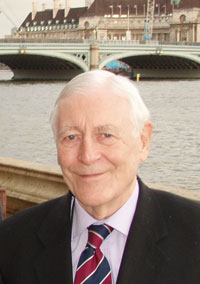 W
WEric Reginald Lubbock, 4th Baron Avebury was an English politician and human rights campaigner. He served as the Liberal Member of Parliament for Orpington from 1962 to 1970. He then served in the House of Lords, having inherited the title of Baron Avebury in 1971, until his death. In 1999, when most hereditary peers were removed from the House of Lords, he was elected by his fellow Liberal Democrats to remain. When he died, he was the longest serving Liberal Democrat peer.
 W
WSir Alfred Jules "Freddie" Ayer, usually cited as A. J. Ayer, was an English philosopher known for his promotion of logical positivism, particularly in his books Language, Truth, and Logic (1936) and The Problem of Knowledge (1956).
 W
WLieutenant General Sir Benjamin John Bathurst is a senior British Army officer.
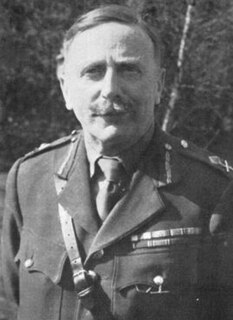 W
WMajor General Merton Beckwith-Smith, was a senior British Army officer during both the First and Second World Wars.
 W
WLt. Col. Simon Edmund Vincent Paul Elwes, was a British war artist and society portrait painter whose patrons included presidents, kings, queens, statesmen, sportsmen, prominent social figures and many members of the British Royal Family. He was a favorite of Queen Elizabeth The Queen Mother.
 W
WChristopher Furness was an English recipient of the Victoria Cross, the highest award for gallantry in the face of the enemy that can be awarded to British and Commonwealth forces.
 W
WJames David Gibson-Watt, Baron Gibson-Watt was a British Conservative Party politician.
 W
WWalter Glynne was a Welsh operatic and concert tenor who was also a popular recording artist.
 W
WField Marshal Charles Ronald Llewelyn Guthrie, Baron Guthrie of Craigiebank, is a retired senior officer of the British Army who served as Chief of the General Staff from 1994 to 1997 and Chief of the Defence Staff from 1997 until his retirement in 2001.
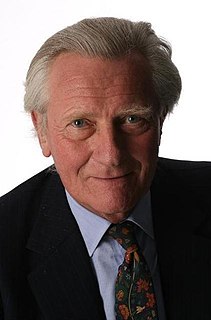 W
WMichael Ray Dibdin Heseltine, Baron Heseltine, is a British politician and businessman. Having begun his career as a property developer, he became one of the founders of the publishing house Haymarket. Heseltine served as a Conservative Member of Parliament from 1966 to 2001, and was a prominent figure in the governments of Margaret Thatcher and John Major, including serving as Deputy Prime Minister and First Secretary of State under the latter.
 W
WThe Bedingfeld, later Paston-Bedingfeld Baronetcy, of Oxburgh in the County of Norfolk, is a title in the Baronetage of England. It was created on 2 January 1660 for Henry Bedingfeld, a cavalier, in recompense for his losses in the Royalist cause during the Civil War, when he fought as a Captain in Charles I's armies, and Interregnum years, computed at £47,194 18s 8d, or well over £6,500,000 in 2017 terms. The Bedingfelds are said to descend from 'Ogerlis', a Norman, who, in 1100, held land at Bedingfield, Suffolk. His descendant, Edmund Bedingfeld, married Margaret, daughter and heiress of Sir Robert Tuddenham, bringing to her husband estates including the manor of Oxburgh, near Swaffham, Norfolk.
 W
WWilliam Rupert Rees-Davies QC was a British Conservative politician.
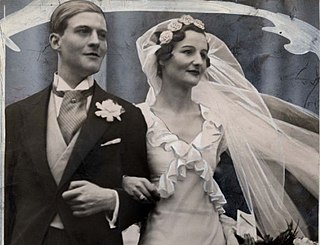 W
WHon. Peter Murray Rennell Rodd, soldier, aid worker, film-maker and idler.
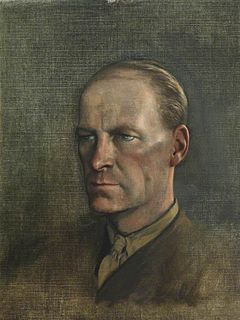 W
WGilbert Ryle (1900–1976) was a British philosopher, principally known for his critique of Cartesian dualism, for which he coined the phrase "ghost in the machine." He was a representative of the generation of British ordinary language philosophers who shared Ludwig Wittgenstein's approach to philosophical problems.
 W
WSir Richard Christopher Sharples, was a British politician and Governor of Bermuda who was shot dead by assassins linked to a small militant Bermudian Black Power group called the Black Beret Cadre. The former army major, who had been a Cabinet Minister, resigned his seat to take up the position of Governor of Bermuda in late 1972. His murder would result in the last executions to be conducted under British rule anywhere in the world.
 W
WBrigadier Sir Alexander Beville Gibbons Stanier, 2nd Baronet of Peplow Hall DSO & Bar, MC was a British Army officer who fought in World War I and World War II, particularly distinguished for his actions at Boulogne in 1940, on D-Day in 1944, and in the Rhineland in 1944.
 W
WLieutenant Colonel Rupert Stuart Michael Thorneloe, MBE was a British Army officer who was killed in action on 1 July 2009 near Lashkar Gah, Helmand Province in southern Afghanistan. As of July 2009, Thorneloe is the highest-ranking British Army officer to have been killed in action since Lieutenant Colonel H. Jones's death in 1982 during the Falklands War.
 W
WEvan Frederic Morgan, 2nd Viscount Tredegar,, FAGS, FIL was a Welsh poet and author. On 3 March 1934, he succeeded to the title of 6th Baronet Morgan, 4th Baron Tredegar, and 2nd Viscount Tredegar, after the death of his father.
 W
WMaurice Joseph Lawson Turnbull was a Welsh cricketer who played in nine Test matches for the England cricket team between 1930 and 1936.
 W
WGerald Ritchie Upjohn, Baron Upjohn, CBE, PC, DL was a British soldier and judge.
 W
WReginald John "Rex" Whistler was a British painter, designer and illustrator, who was killed in action in the Second World War.
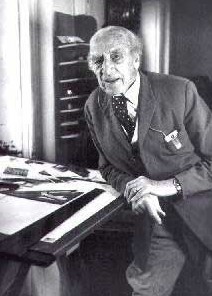 W
WSir Bertram Clough Williams-Ellis, CBE, MC was a British architect known chiefly as the creator of the Italianate village of Portmeirion in North Wales.